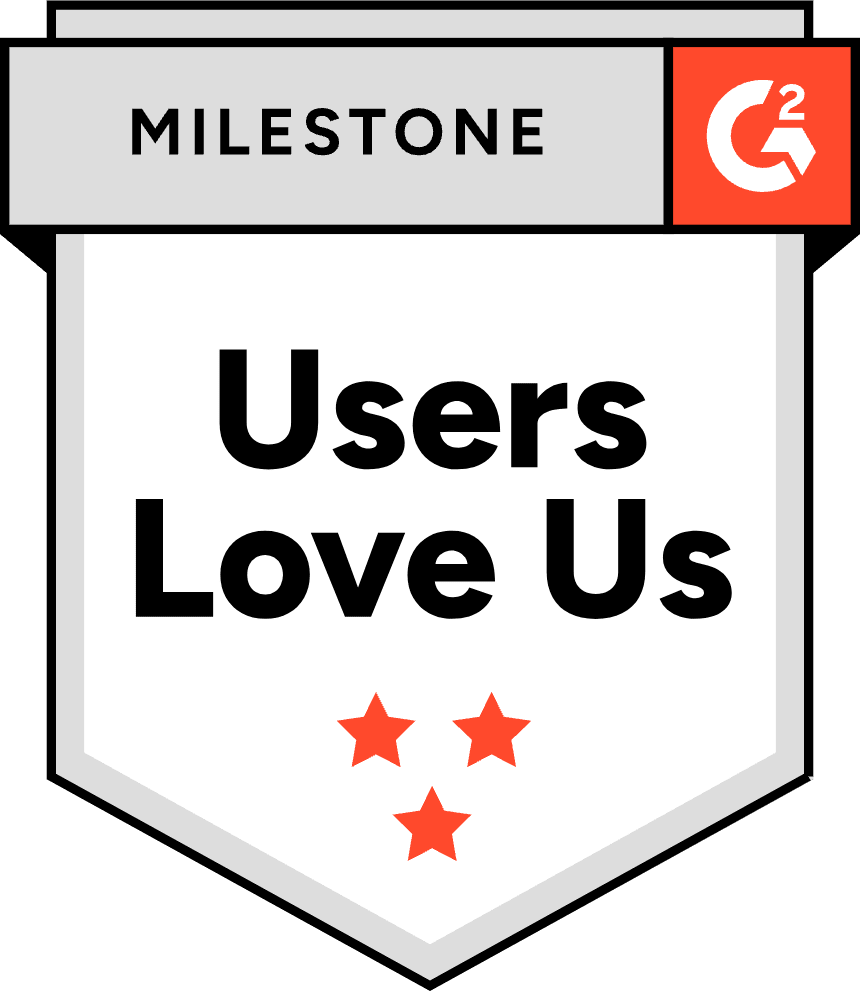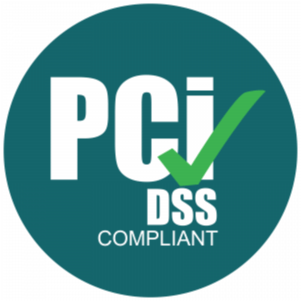Business administrators working with DevOps teams must strike a balance between achieving workflow efficiency and ensuring corporate security. If you work in an IT department or manage any enterprise, there’s no reason not to consider adopting a secrets management as-a-Service platform.
Let’s get into what this string of terms means and what they can do for your workflow optimization efforts.
What Is Secrets Management As-a-Service?
This question has a two-part answer. What is secrets management, and how does an “as-a-Service” model help achieve it efficiently?
Secrets Management Ensures Privileged Access Quickly And Securely
Employees and applications will, at some point, need to access sensitive company data and services to do their jobs. What can you do to manage digital authentication so that only authorized users have the right access?
Passwords are probably first to come to mind, but they are actually only one example of a concept known as “secrets.” This common term in DevSecOps circles refers to anything from passwords to APIs to tokens. They give privileged accounts access to company resources.
Secrets management primarily has to do with maintaining security by not giving out too much access as well as encrypting sensitive data. You have to prepare for the possibility that a high-level account may become the target of a data breach at some point, so only provide the minimum necessary amount of access on-demand when it is needed.
The As-a-Service Model Makes Adopting Secrets Management Inexpensive And Easier
What does XaaS (Anything-as-a-Service) mean exactly? You’ve probably heard terms like SaaS (Software-as-a-Service), IaaS (Infrastructure-as-a-Service), and PaaS (Platform-as-a-Service).
These terms are all related to cloud computing. Through remote access technologies, a service provider can deliver digital products and services to another company over the Internet. This model makes pricing more transparent and cost-effective as well as making the path to production much simpler as the SaaS product is already deployed for the end user.
[sc name=”glossary-cta-sm” ][/sc]Why Should You Care About Cloud Secrets Management?
What makes multi-cloud DevOps secrets management so appealing to so many organizations? Secrets management helps administrators handle the complicated system of secrets every enterprise uses, and an “as-a-Service” offering streamlines and lowers the cost of this task.
Why You Need Secrets Management
Working with the thousands of accounts in an average enterprise can be daunting, and there are so many types of secrets in use from SSH keys to private certificates. For these reasons, it’s best to use a centralized secrets management tool for the job.
Doing so helps you stay efficient while still keeping up security so that employees don’t waste too much time obtaining access privileges.
What the “As-a-Service” Model Brings to the Table
The most significant benefit to outsourcing a particular service to a third-party provider is a more consistent payment model. Make budgeting easier by purchasing services on a subscription basis.
Usually, you would have the high upfront cost of initial infrastructure (software, hardware, and licenses) and the maintenance costs of housing all the equipment on-site. With an XaaS, the service provider handles all of that work in exchange for a regular, flexible fee.
Another benefit is accelerated adoption of the new service, resulting in faster business processes. For instance, you can quickly add or remove services according to market conditions or corporate needs. XaaS is much more scalable as your company develops.
“As-a-Service” finally helps free up internal IT resources so that your staff can focus on more important matters. Businesses that adopt XaaS end up becoming more agile as a result.
The Challenges of Secrets Management And How Vault-as-a-Service Solves Them
You don’t have to be in DevOps to know that the number of data breaches and cyberattacks impacting businesses has gone up in recent years. Companies now deal with a larger number of secrets as well.
As IT becomes more complicated, secrets management is becoming a bigger challenge, and the “as-a-Service” setup is becoming more appealing for several reasons.
Providing Overall Visibility Through Centralization
A decentralized approach to secrets management is usually inefficient, messy, and error-prone as there are so many accounts, departments, and activity sessions to keep track of.
A hybrid cloud secrets management solves this issue by giving you real-time statistics on standing access across the organization. It’s also much easier to audit this way.
Ensure Your Third-Party Partners Are Secure Too
Enterprises use a variety of remote access services and solutions. How can you securely provide privileged access to all these tools? The answer is through the full visibility of centralized secrets management.
Eliminating Human Error Caused By Manual Secret Handling
Almost every employee deals with secrets, but not all of them are from the IT or DevOps teams. Even with training, not everyone will understand healthy security practices like rotating passwords, avoiding sharing secrets, and not making passwords too easy to guess.
Outsource this work to a service provider to avoid manual secrets management and its associated risks.












